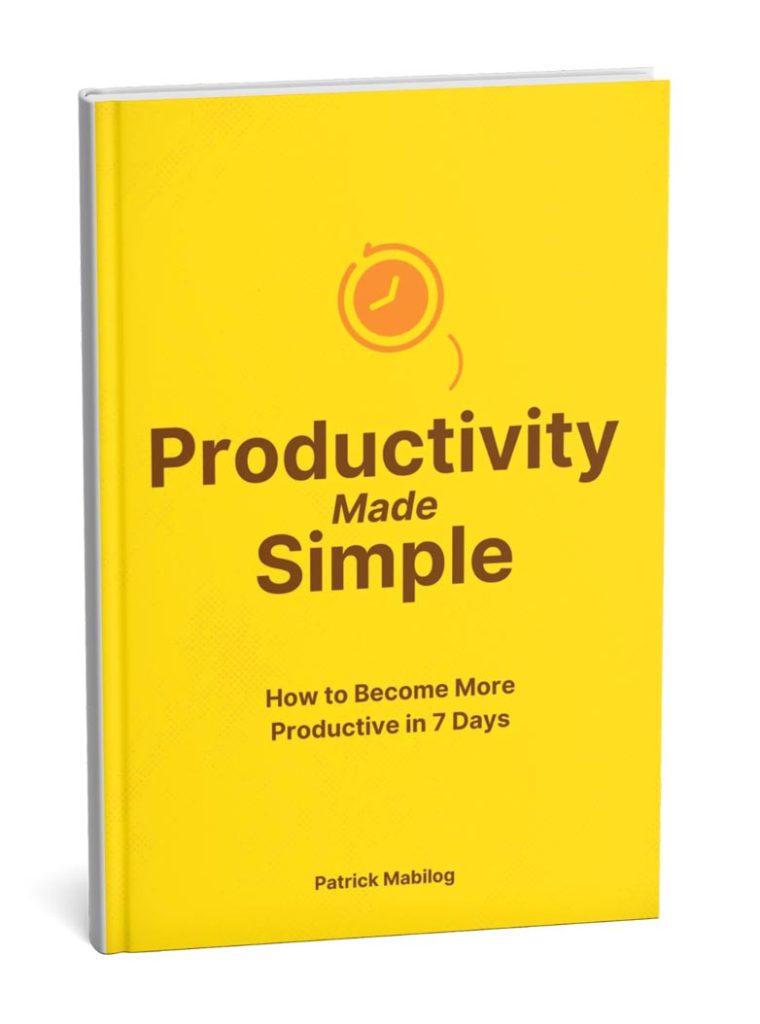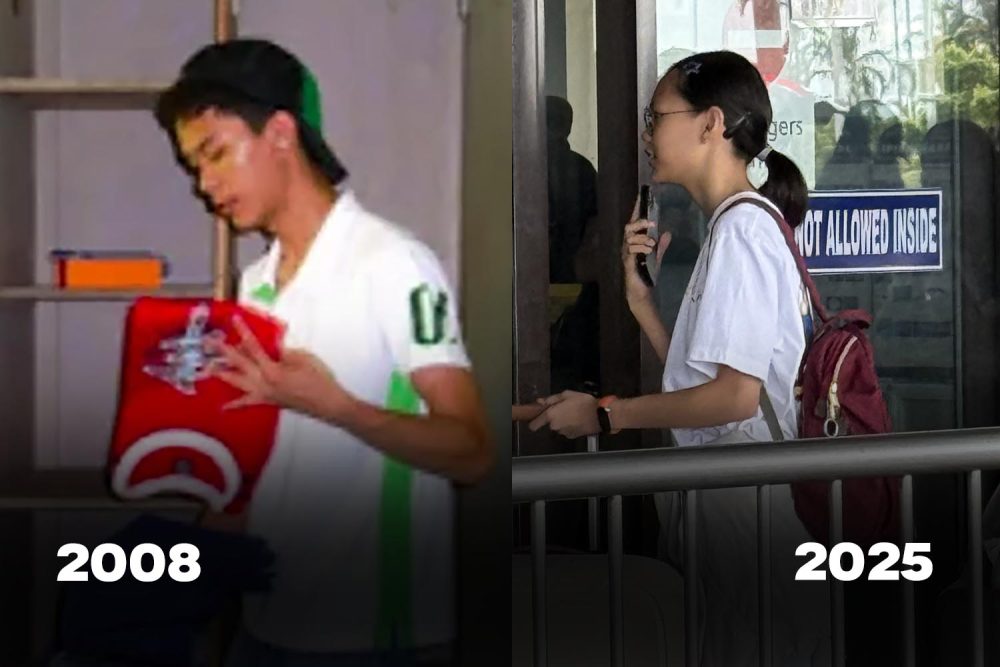My mom once wrote about letting me go. Today, I did the same and now I got it.
We sent off our eldest daughter, Alexa, to a National Student Convention in Tagaytay City. This will be her first trip without any family members present, and the longest we’ll be apart (9 days).
I was then reminded of a quote my mother once wrote about by Johann Wolfgang von Goethe. “There are only two lasting bequests we can hope to give our children. One of these is roots. The other, wings.” She wrote this after I went off to college and moved into my new dorm. You can read my mom’s version of a “Roots and Wings” blog here.

Being a parent is far from easy. There are endless responsibilities, obligations, and expenses. The cost goes beyond just money. There’s also the time and energy you invest. At times, raising kids can be simple. Other times, it’s extremely complex.
I can only count the times I would sit at the edge of our bed, face buried in my palms, wondering what I’m even doing. Many times decisions become crucial; you can only hope that you make the right call and let God’s grace carry you and your children all the way.
Still, one of the biggest challenges is gradually letting go of your child. You don’t do it because your love for them fades out. Contrarily, you push yourself to give them room to venture out because you love them.
Meet Alexa Margaret
On November 23, 2012, late in the evening, we were introduced to a little young girl who would change our lives forever. She was wrapped in a pink swaddle cloth, along with the small pack of diapers we bought with the quickly dwindling cash we had left.
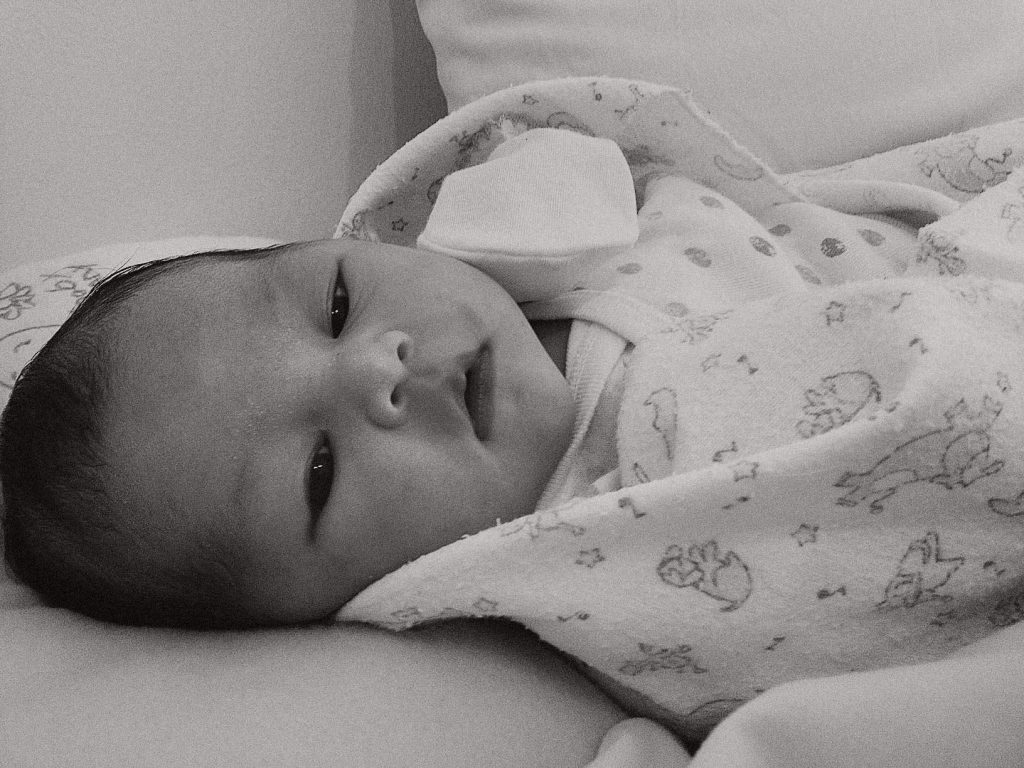
Ces and I were clueless twenty-three-year-olds back then. We had no idea how we were going to get by. But the moment Alexa came into our lives, I knew that we as parents were going to do everything in our power to give her the best life we possibly could.
What followed from then until today has been twelve meaningful and purpose-driven years. We fought and hustled hard. There were restless nights and moments where I could only fall on my knees in desperate prayer. But there were also moments— big and small— filled to the brim (and overflowing) with love, peace, and joy.
Most, if not all, of the moments that have stuck with me in the last decade plus two have been family moments.
- Quiet evenings at home around the dinner table
- Moving into new houses
- Small camping escapades in the backyard
- Vacations out of the country
- The dusks running around Boracay’s white sand beaches as the sunset fell
Twelve years with Alexa, her sister Sam, and their Mom make up the highlight reel of the best moments of our lives. And it all started when Alexa came around.
The Art of Letting Go
Today, I came to understand once again what a parent goes through when their children start to venture out on their own. You experience it when they take their first steps. Then again, on their first day of school.
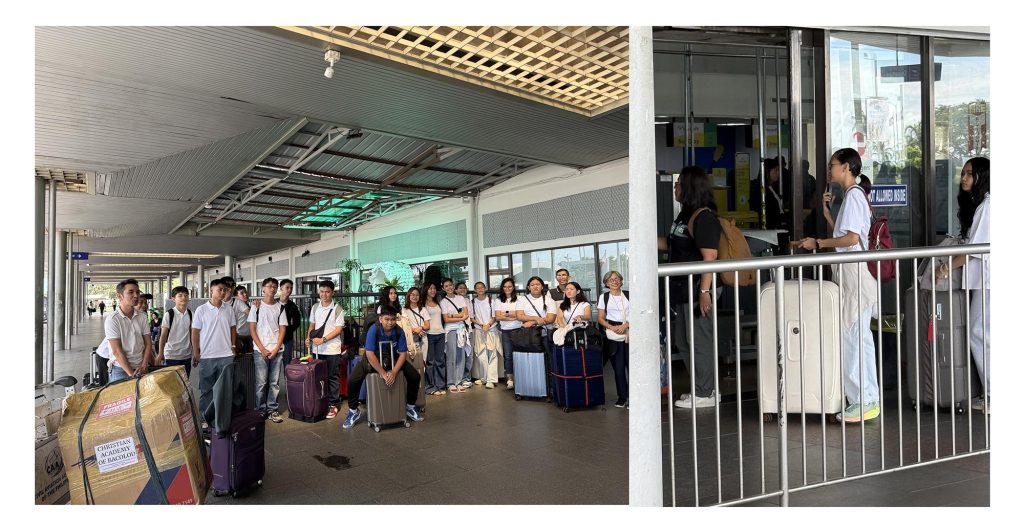
As a parent, so much of your job is to protect your kids, especially early on. That’s the only responsibility on my mind every night we rushed Alexa to the emergency room when she was sick. The times you hear her bare her heart because a classmate was mean to her, you fight the urge to walk into school the next day and size up her bully (which I might have done once or twice… or more).
You do your best to protect your kids. To provide for them. To make their dreams come true. To give them the life you might not have had when you were their age. But in those moments, you also bear at the back of your mind the bigger responsibility— to prepare them to face the world without you.
At this moment, at a greater measure than I have ever known, I’m overwhelmed by that responsibility. And, crap. This is hard. Like final boss-level hard. I would rather face a million-dollar business problem than this.
The art of letting go of your children is one filled with anxiety, melancholy, and nostalgia. As Alexa entered the airport entrance, I imagined that infant still wrapped in pink cloth slowly slipping away from my grasp.
Lessons from A Father Who’s Learned to Let Go for 62 Minutes
I get it.
I’m only getting started in this journey of letting our children go. I don’t think I’ll ever be ready for the day that my children:
- Head off to college
- Move out of the house
- Meet the man of their dreams
- Tie the knot
- Move to a different city
But for the past hour plus a few minutes since we dropped Alexa off at the Bacolod-Silay Airport, I’ve picked up a few lessons and reflections:
1) Life is a Series of Chapters Ending
There’s the moment they first sleep through the night. And the day they no longer reach for your hand crossing the street. Parenting is an endless succession of beautiful endings. Each milestone you celebrate marks the closing of one chapter and the quiet grief of never returning to what was.
This is the paradox at the heart of parenting. You spend years building a relationship so secure that your child can eventually leave it. I realize that every phase that ends is evidence that you’ve done something right.
The toddler who needed you for everything becomes the teenager who rolls their eyes at your advice. The child who you made pillow forts with during CAT 10 typhoons that leave you stranded in Hong Kong becomes the young adult who doesn’t respond to your messages.
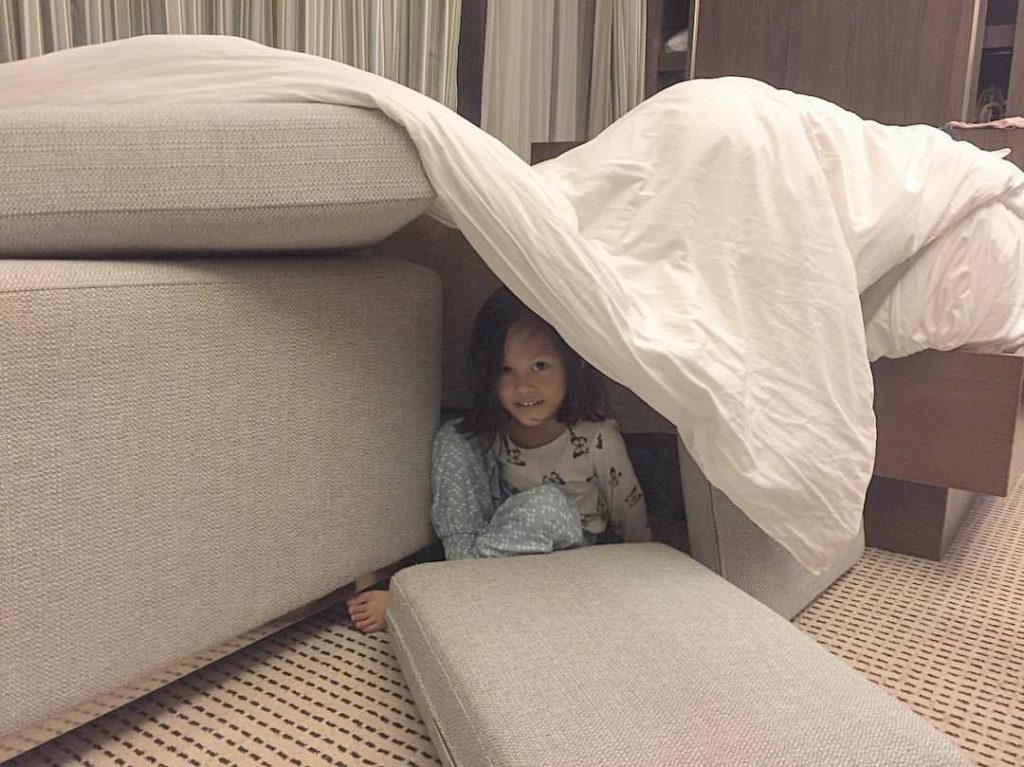
We must learn to see these endings as a transformation. The deception is to think that your child is becoming distant. But your relationship with them isn’t ending. It’s evolving. Now, your role as a parent must change, too.
You’re no longer the protector. You’re a consultant
The time must come when you are no longer a decision-maker, but a sounding board.
Each chapter’s ending makes space for something new, something you couldn’t have imagined when you were in the thick of the previous stage. The grief is real and deserves acknowledgment. But so is the pride. Both can co-exist in your heart.
2) Let Bittersweet Moments Remind You of What Matters
On one trip to Nami Island in South Korea, I was standing on the ferry bow with Alexa. She remarked, “Dad, I’m almost at your eye level.” Such are these bittersweet moments—tinged with both joy and sadness. While there is a hint of pain in these moments, they are also gifts in disguise.
When your teenager is too cool to hold your hand but still occasionally falls asleep on your shoulder during the Shinkansen ride to Tokyo, you pay attention. You memorize it. When they come home from school and the house feels full again, you notice what you took for granted before.

Bittersweet moments are your heart’s way of highlighting what’s precious. They strip away the mundane frustrations and reveal the essential truth. That you love this person with a ferocity that transcends their age or independence.
The arguments about phone usage, the messy rooms, the attitude; these moments remind you that what matters isn’t controlling every outcome or maintaining the status quo. What matters is the connection itself, however it evolves.
Let yourself feel the sweet and the bitter together. Don’t rush past the sadness to get to acceptance, and don’t wallow in grief so much that you miss the beauty of now. These emotions aren’t obstacles to clear—they’re the evidence of a life lived fully, of love that runs so deep it transforms as it needs to.
3) Admit When It Gets Hard
There’s a particular loneliness in being the parent who’s supposed to celebrate your child’s independence as you privately grieve it. You’re expected to smile through the airport drop-off, to be excited when they announce they’re moving across the country, to be supportive when they choose a path completely different from what you imagined.
And sometimes it’s genuinely hard. Most times, you’re not ready. Always, you miss who they were, or you’re afraid of who you’ll be when they can thrive without you.
Admitting this makes you human. Pretending everything is fine when you’re struggling creates a sense of distance. Your child can sense the dissonance between your words and your feelings. They could also make them feel guilty for growing up or become reluctant to share their excitement with you.
When Alexa told us that she wanted to try going off to Tagaytay without us, I could only say, “I’m so proud of you, and also really going to miss you.”
Talk to other parents who’ve been through it. See a therapist if the grief feels overwhelming. Journal. Cry in the car (I might have done this. You can confirm with my wife).
But try not to minimize what you’re feeling or rush yourself through it. Letting go is hard work, and you don’t have to do it perfectly or with a constant smile. You just have to keep doing it, one small release at a time.
4) Sometimes Support Means Holding Back
Many of the deepest expressions of love can be the hardest ones. Stepping back when every instinct screams at you to step in is a great example.
You see them struggling with a decision you could solve in five minutes. You watch them make mistakes you already made and desperately want to spare them from. You know that you could smooth the path, make a phone call, or offer a solution. But you know that doing so might rob them of something essential.
The highest level of support involves biting your tongue, allowing them to fail small so they don’t fail catastrophically later. It looks like answering “What solutions have you thought about?” when they ask for advice, even though you have a whole set of strategies already stacked up like planes waiting to land.
This doesn’t mean abandoning them or throwing them into the deep end of the pool with no intention of rescuing them. You calibrate your involvement to match their growing capabilities.
A parent who supports by holding back makes themselves available without being invasive. It means trusting them with their own life, even when you’re not sure they’re ready—because they’ll never be ready if you don’t give them the chance.
Holding back requires tremendous faith: faith in the Heavenly Father who loves them more than you do, faith in them, faith in the foundation you’ve built, and faith that love doesn’t require constant intervention to remain real.
The most powerful thing you can do is nothing at all—except believe in them loud enough that they can hear it even when you’re not in the room.
Final Thoughts of an Ugly Crying Dad
Letting go happens gradually over time. It’s going to hurt more and more. The thousand small releases over the course of years never get easier.
But as that happens, love does not diminish. It grows strong enough to transcend distance. Our love for our growing children transforms into something more spacious, more respectful, more sustainable for the long journey ahead.
As we help our children plant roots, we also give them wings. And somehow, impossibly, that’s both the hardest and most beautiful thing you’ll ever do.
Disclaimer: I’m not a parenting expert— still trying to figure this all out.
Second Disclaimer: I may or may not fly out last minute to visit my firstborn in Tagaytay in a few days. Let’s see.
